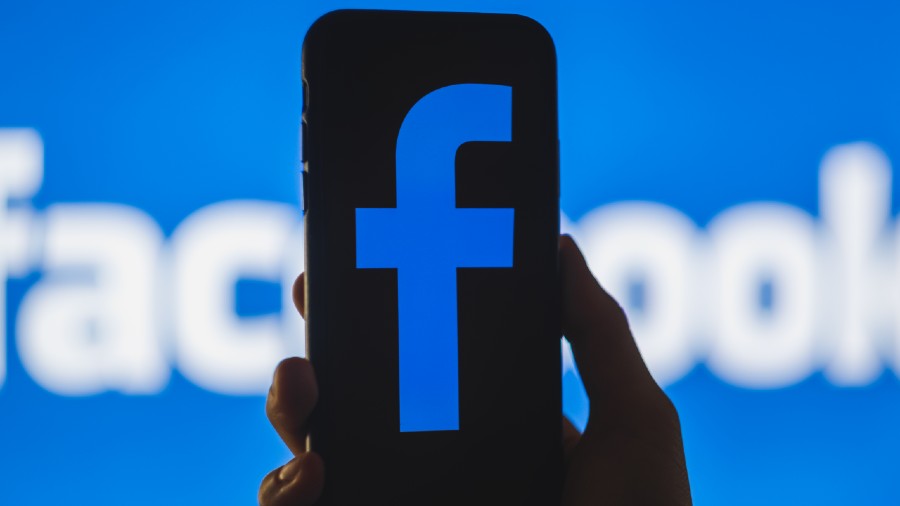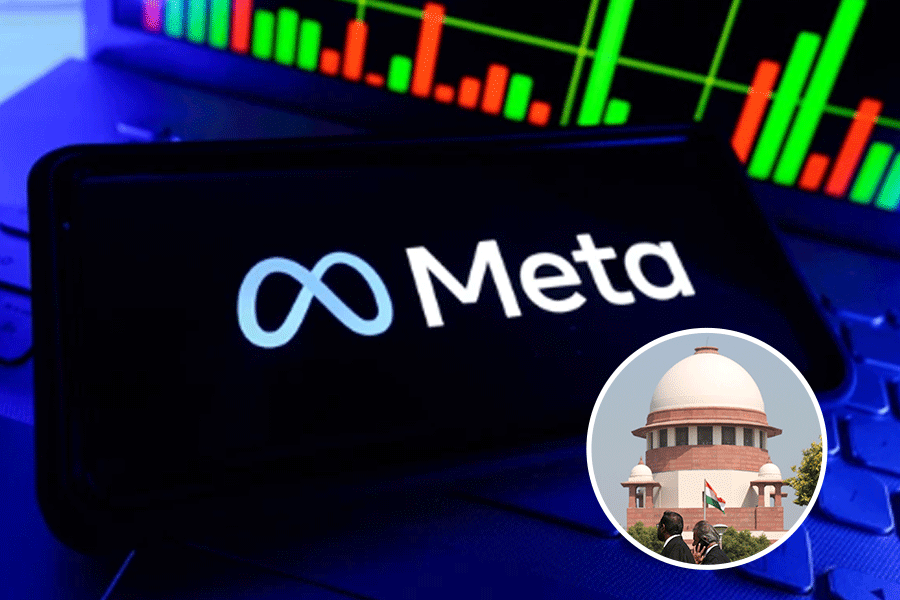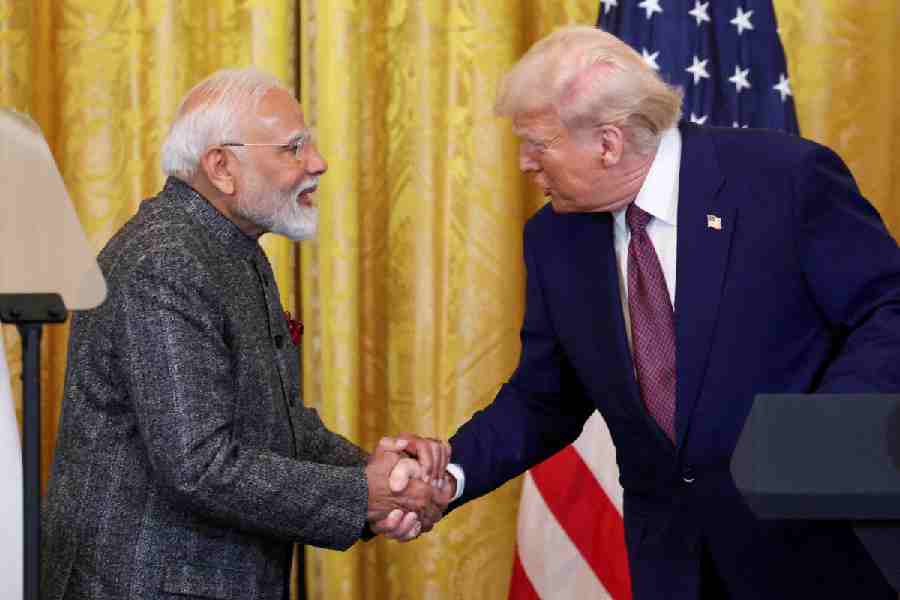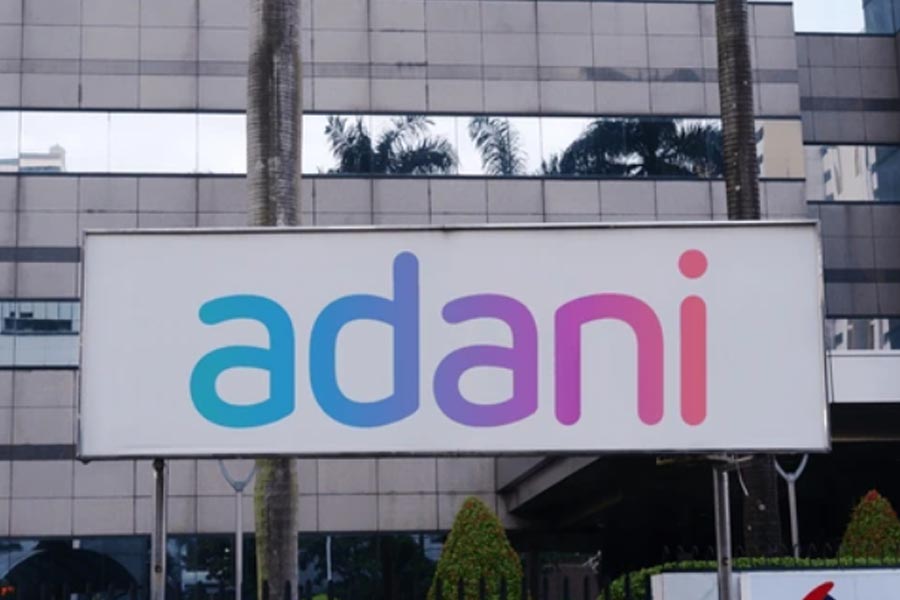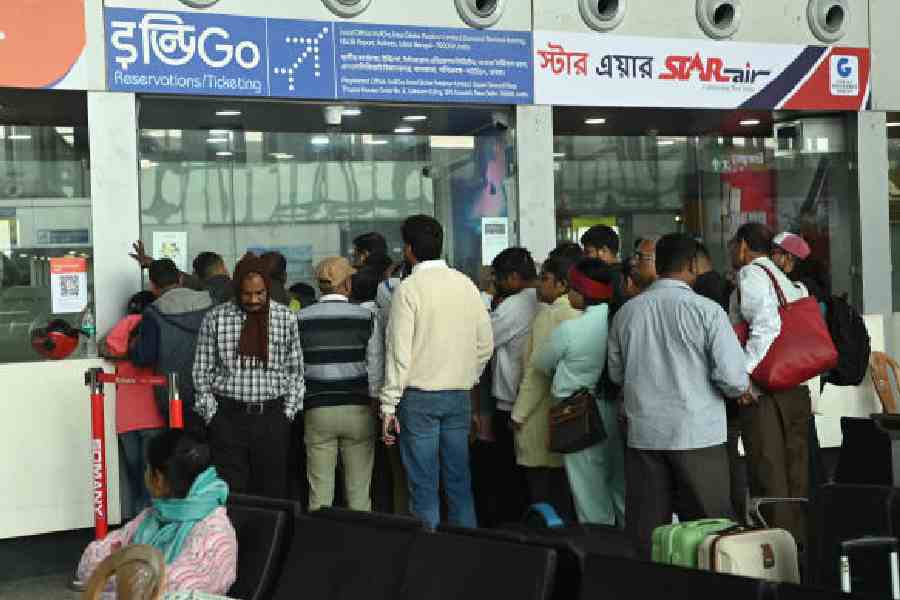Few threats pose as serious a challenge to the functioning of modern democracies as the viral spread of disinformation. Last week, more than 30 major tech companies, including Meta, Google, Twitter, TikTok and Amazon’s game streaming platform, Twitch, signed up to a new European code of practices under which they have committed to taking firm action against fake accounts and deep fakes — content that is digitally altered using software. Violations could result in hefty penalties for the companies. The new code is a welcome development. Yet, it also poses questions about the absence of similar frameworks in other parts of the world that are also battling the menace of disinformation, and about the tension between free speech and restrictions on public statements, posts and memes. In India, false claims spread through WhatsApp have sparked mob violence, even lynchings. Deep fakes have been used in election campaigns and several television anchors have repeatedly resorted to verifiable falsehoods to sensationalise their coverage. While it is important to guard against encroachments on the freedom of speech, the unimpeded proliferation of demonstrable lies aimed at provoking attacks on sections of society, deepening prejudices, and upsetting law and order cannot be considered reasonable.
In India, the problem is not a lack of desire on the part of authorities in power to regulate social media content: the challenge lies in the apparent motivations behind such efforts. A giant chunk of the disinformation is created and highlighted by an ecosystem close to the ruling Bharatiya Janata Party, the Narendra Modi government, and their supporters. Unsurprisingly, many of these fake claims serve their political interests. When Twitter tagged a post by the BJP spokesperson, Sambit Patra, as “manipulated”, the social media company found itself targeted by law enforcement agencies. Ministers of the government lent their voice — and accounts — to a rival service called Koo in a public bid to undermine Twitter. Multiple revelations showing how Facebook’s algorithms and rules helped the BJP and Mr Modi amplify their messages through dubious means have not affected that company’s functioning in India. The signal to social media firms in India is clear: unlike in Europe, what matters is not disinformation but who benefits from it. Until more Indians demand better from their government and Big Tech, the country will remain exposed to a daily diet of deadly disinformation.

